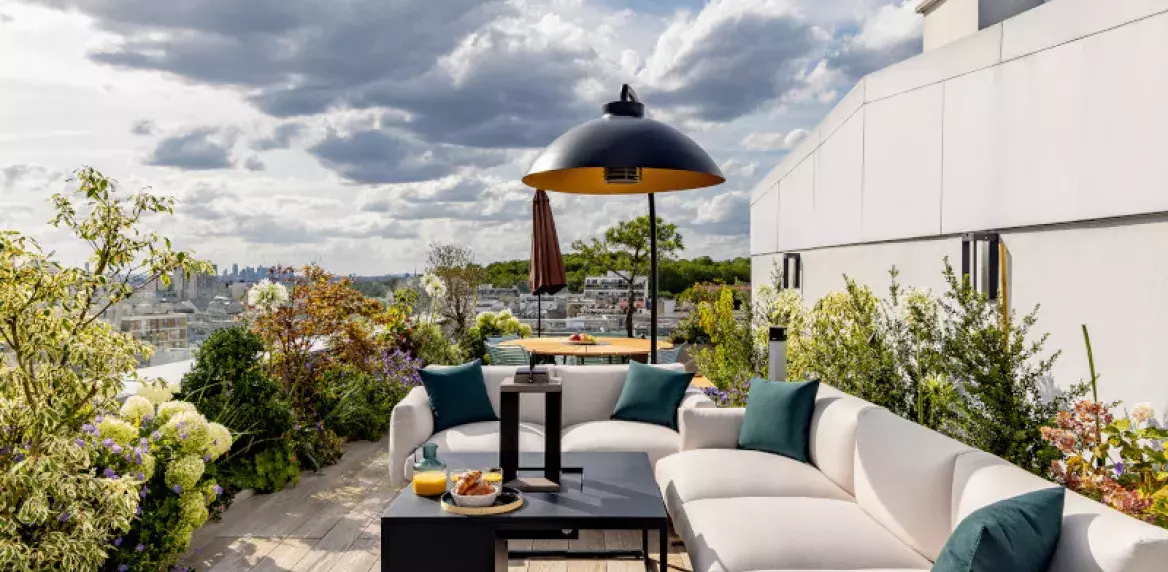Live. Life. Outside. Blog
Catch up with Millboard’s latest activities, news and opinions in our regular blog updates.

Advice & Inspiration
04 30 2025
How to Design a Low-Maintenance Backyard with Visual Impact

Millboard
02 14 2025
What is Millboard Decking made from?

New Product
01 08 2025
Introducing Millboard’s New Colours: Anthracite and Coppered Oak

Millboard
10 30 2024
How Millboard Products Support the Principles of Sustainable Drainage Systems (SuDS)

Advice & Inspiration
07 22 2024
Summer Garden Inspiration
Find your inspiration
Discover more ways to Live. Life. Outside. now





